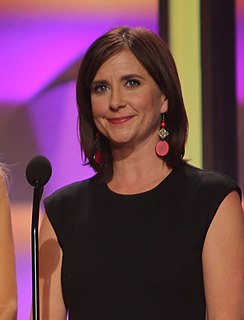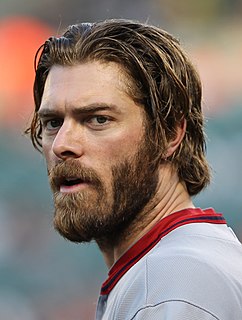A Quote by Tim Gunn
But if I had to choose a single destination where I'd be held captive for the rest of my time in New York, I'd choose the Metropolitan Museum of Art.
Related Quotes
It's a time in my life that I'm glad it's behind me. I've had time to reflect on the whole thing. I want to talk about it one time and kind of lay it to rest. I'm ready to put it behind me. I've learned my lesson. I don't recommend the experience I had to anyone, really. It's not something that was fun. It's not a destination you would choose.
There is only one way out of the trap: that you don`t choose; neither this nor that - you simply don`t choose. You withdraw from choice and you become choiceless. Choicelessness is freedom. To choose is to choose a prison; to choose is to choose a bondage. To choose is wrong, to be choiceless is to be right.
The Metropolitan Museum of Art some time ago held a display of contemporary art at which $52,000 was awarded to American sculptors, painters, and artists in allied fields. The award for the best painting went to the canvas of an Illinois artist. It was described as "a macabre, detailed work showing a closed door bearing a funeral wreath." Equally striking was the work's title: "That which I should have done, I did not do."
I'm noticing a new approach to art making in recent museum and gallery shows. It flickered into focus at the New Museum's 'Younger Than Jesus' last year and ran through the Whitney Biennial, and I'm seeing it blossom and bear fruit at 'Greater New York,' MoMA P.S. 1's twice-a-decade extravaganza of emerging local talent.
It took the Metropolitan Museum of Art nearly 50 years to wake up to Pablo Picasso. It didn't own one of his paintings until 1946, when Gertrude Stein bequeathed that indomitable quasi-Cubistic picture of herself - a portrait of the writer as a sumo Buddha - to the Met, principally because she disliked the Museum of Modern Art.






































